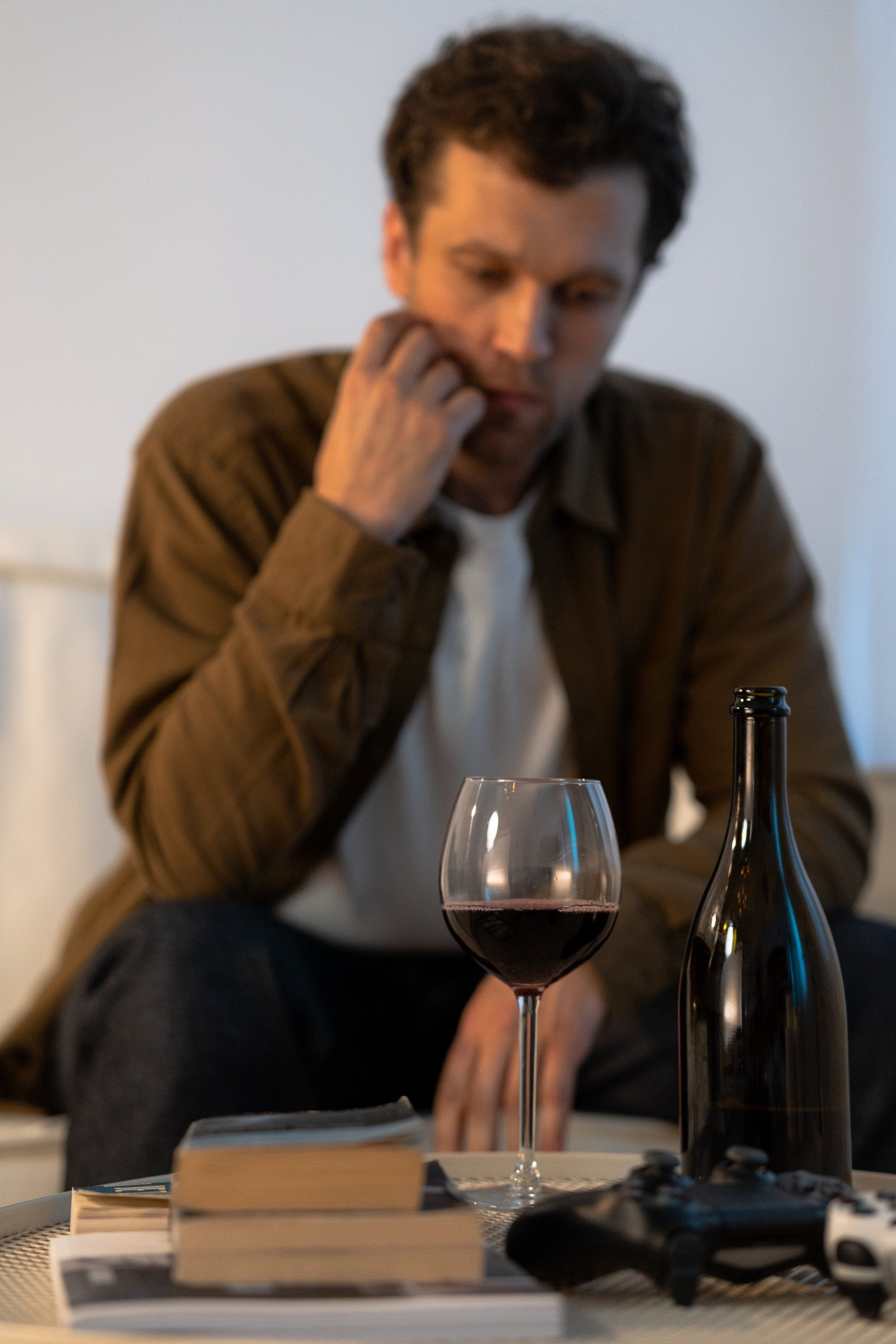Compulsion
An compulsion is a health condition in which someone is psychologically dependent on consuming a substance or engaging in a behaviour, to the detriment of their health and well being. Compulsion can take over a person’s life and cause tremendous harm.
Types of Compulsion
Alcoholism & Alcohol Abuse
Alcoholism can take hold of your life and cripple your ability to engage with family and at work, ultimately taking you off course of what really matters in your life. Alcoholism and alcohol abuse can develop due to many reasons, including inherited belief systems, the expatriate lifestyle, and/or a lack of work life balance. Combine this with stressors, which include being away from families and home countries, alcohol use can become addictive and debilitating.
Anxiety Disorders
Anxiety disorders are characterised by persistent feelings of fear, worry, tension, and unease that interfere with normal life and social functioning.
Common anxiety disorders include:
- Generalised Anxiety Disorder (GAD)
- Obsessive Compulsive Disorder (OCD)
- Post Traumatic Stress Disorder (PTSD)
- Panic attacks
- Phobias
Sex Compulsion
Sex compulsion refers to a number of behaviours that are done in excess and impact the addict's life in a negative way. Although sex compulsion is not ‘formally’ diagnosable, it is a condition that does exist and often co-exists with adverse emotions such as distress, guilt and shame. While it is overwhelming and destructive to the addict, it is likewise devastating and extremely disorienting for the partner of a sex driven person, not to mention the children who end up victims as well.
Gambling Compulsion
Gambling compulsion, also called compulsive gambling or gambling disorder, is a type of impulse control disorder. People who have a gambling compulsion feel compelled to gamble, even if aware of the negative effects this has on their life. Gambling releases dopamine from the brain's "reward centre", just as drinking alcohol or taking certain illicit drugs does. As their condition worsens, problem gamblers feel compelled to gamble more and for higher stakes, in order to get the same "high".

Treatments for Compulsion
Compulsion recovery is not easy and there is no treatment that is guaranteed to work for every individual. The approach will also depend on the type of compulsion being treated.
Your therapist will work with you to establish a baseline of trust and support, and from there determine the best course of treatment for you. This may include individual counselling in conjunction with one or more types of psychotherapy.
Participation in a 12 Step Program for compulsion recovery is also likely to be a component.
Counseling Perspective is a centre for counselling in Singapore. We offer an integrated approach to therapy using techniques and tools tailored specifically to our clients and the issues they face. We help clients so that they can feel empowered to make healthy decisions themselves. We work with adults, kids, couples, and families.
OUR COUNSELLING CENTRE LOCATIONS:
Counseling Perspective at Raffles Place
9 Raffles Place
#17-25 Republic Plaza II
Singapore 048619
Counseling Perspective at Oasis
87 Science Park Drive
#03-01 The Oasis
Singapore 118260
Counseling Perspective at Joo Chiat
291 Joo Chiat Road #05-02
Singapore 427543
Get Connected With Us
Call/Whatsapp: +65 9853 7253 or +65 9636 8060
Newsletter
All Rights Reserved | Counseling Perspective



